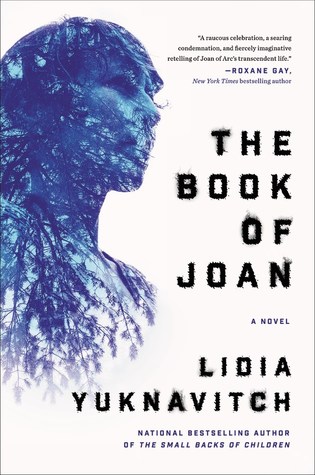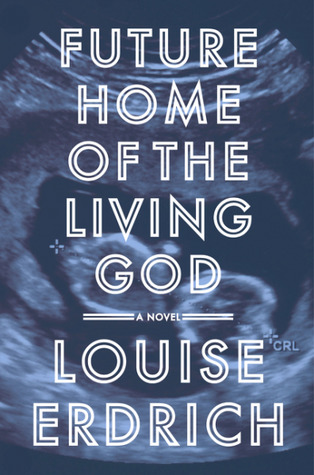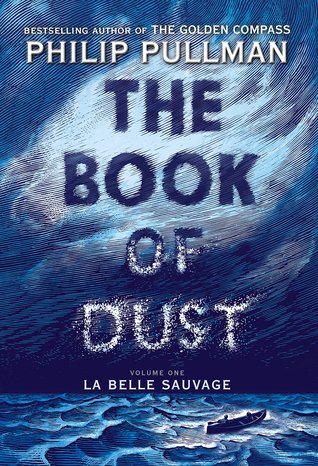It is hard to write this week. The words come sluggishly and feel awkward. Nonetheless I have several writing tasks to complete—a module for a teaching development online course, a workshop on academic integrity—and dozens of works in progress. At the top of the list is a plan for two new research projects and a close-but-not-yet finished article. There is an uncharacteristic heaviness to my feelings about writing which makes these tasks onerous.
I recently read Nikki Gemmel’s memoir After following her mother’s death by suicide. Of the time before her mother’s death, she writes:
My mother [Elayn’s] despair seeped into my life; it was the harrower of my peace. This at a time I was struggling to keep everything on an even keel: four children aged four to fifteen, plus work, plus husband, plus household. It was a fraught time of failing at everything; of nothing having my full attention; of boxes-to-be-ticked completed in harried snatches and then every night around 3am I’d be harangued awake from a fitful sleep with the swamping of it all, too much in the head, too much…
‘You never stop,’ my father, Bob, said in horror once, from the perspective of a different, slower life. I know we have to develop defence mechanisms. The ability to pause, recognise the gifts of stillness, recalibrate. But they feel like essential life skills I don’t have.
After:
I’m not good at being alive right now. I’m not sure I can be pieced together in any way that resembles a former self. My brain is not working properly, it feels like I’ve had an axe blow through the head that will never completely heal. What is needed, a holiday from uncertainty. Instead, there is brittleness. Snappiness. With everything. As I walk the days, pick up kids, shop for groceries, drive. Nervy, jumpy, a collision in my head of too much. I cannot do gatherings, crowds, am abandoning commitments, forgetting to return emails and calls … I’ve lost my writing confidence, it no longer sings; the sentences won’t come; the brain will not grind into gear.
This grappling with subjectivity, the uncertainty and ‘too muchness’ of it all feels familiar. In the past few months, we have spent a lot of time waiting: for my daughter’s seizures to end (the longest has been fifteen minutes, an eternity), waiting in hospital, waiting for medications to work, waiting for tests to reveal something, waiting for things to get back to normal (by which I mean the way things were before). It hasn’t been a good week. I considered writing a post about something (anything) else but it felt contrived, and made writing more difficult.
In the past, I have prided myself on my high tolerance for uncertainty. It’s a valuable skill, especially for sessional and early career academics and those experiencing workplace change. Now, my tolerance is tested to its limits. We do not know what the future will hold and we are not in control right now. I have an urge to write it out, even though the words are hard to find.
I have just started Helen Sword’s Air & Light & Time & Space on how successful academics write. The title is the opposite of how I feel right now, but I love her suggestions for changing writing habits: reflecting, reading about writing, and experimenting with time, space and style. While writing is difficult, reading offers joy and solace.
New to my reading pile this week is Michelle Boulous Walker’s Slow Philosophy: Reading Against the Institution (doubtless the subject of future posts). I am looking forward to sinking into this. For non-academic reading, I have joined a young adult book club for adults only. Our next discussion is dystopian fiction, which is close to my heart and allows me to dwell in uncertainty. I have just finished Octavia E. Butler’s Dawn, am halfway through Ayn Rand’s Anthem, and have The Book of Joan, The Book of Dust and Future Home of the Living God to choose from next.




Would be interested in your thoughts on Anthem which I wouldn’t have classified as YA. I have read it a few times a few decades ago.
LikeLike
Thanks for your comment Michael. I agree that Anthem isn’t really YA, nor are some of the others, but I started reading dystopian fiction in my teens before YA was the big thing it is now – John Wyndham, 1984, Brave New World etc – so the boundaries are a bit slippery for me. So far, Anthem reminds me a bit of We by Yevgeny Zamyatin published in 1924. I find historical dystopian fiction fascinating!
LikeLike
Pingback: A year in first lines | The Slow Academic
Pingback: Questions for 2018 | The Slow Academic